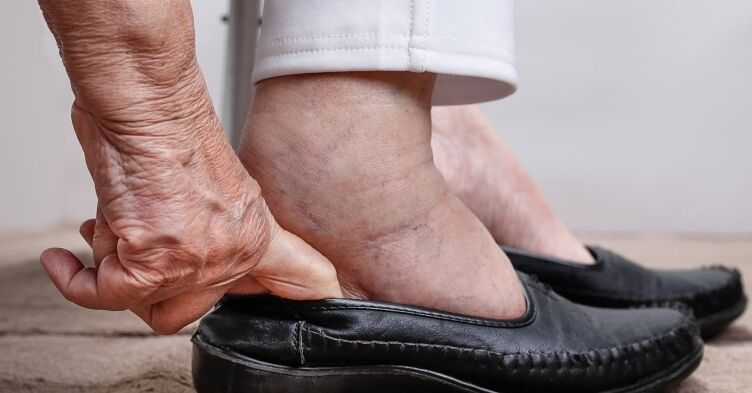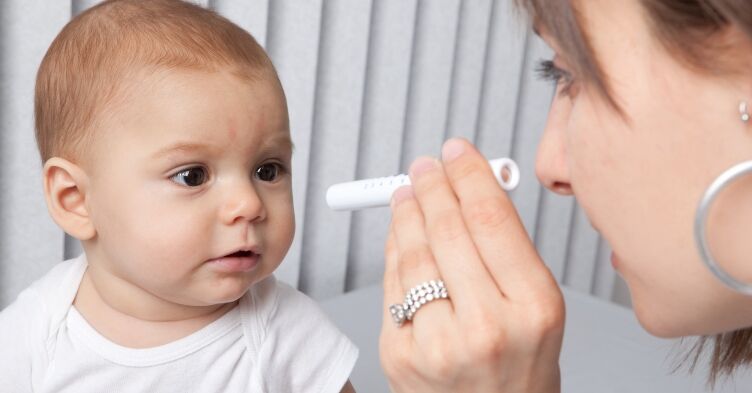Women with type 2 diabetes may be less likely to be prescribed cardioprotective medications, a study has found.
The risk of developing cardiovascular disease (CVD) after a type 2 diabetes diagnosis is similar between men and women, but it was found that women were less likely to be prescribed medications such as statins and antihypertension drugs.
The study found that at seven years’ follow up, women with CVD at diagnosis or diagnosed during follow up were less likely than men to be prescribed cardioprotective drugs. They found that:
- 79% of women were prescribed a statin, versus 86% of men.
- 48% of women were prescribed an ACE inhibitor, versus 58% of men
- 66% of women were prescribed an antiplatelet drug, versus 72% of men.
This was despite women being more likely to be obese, and to have hypertension and hypercholesterolaemia.
The study, which looked at just under 80,000 patients with type 2 diabetes, around half of whom were women, also found that the risk of developing CVD after a type 2 diabetes diagnosis was similar between men and women.
The researchers said that it was ‘reassuring’ that the risk of developing CVD was similar between men and women, as opposed to higher in women as previous studies have shown, but that risk factor management for women needs to improve.
They said in the paper: ‘Reassuringly, we showed that the previously reported gender disparities in CVD risk associated with type 2 diabetes are not evident in contemporary English general practice.
‘However, the observed gender biases in risk factor management highlight the need for closer adherence to clinical guidance for drug therapy, continued routine surveillance for gender-related prescribing biases and possibly greater uptake of professional-based interventions in the community to support the provision of equitable care.’
Dr Martin Rutter, one of the study authors and honorary consultant physician at the Manchester Diabetes Centre, commented: ‘Further research is now needed to understand the reasons for these prescribing differences between men and women and to find ways to close the gap. Research in primary care is particularly needed, as this is where most people with type 2 diabetes are treated.’








